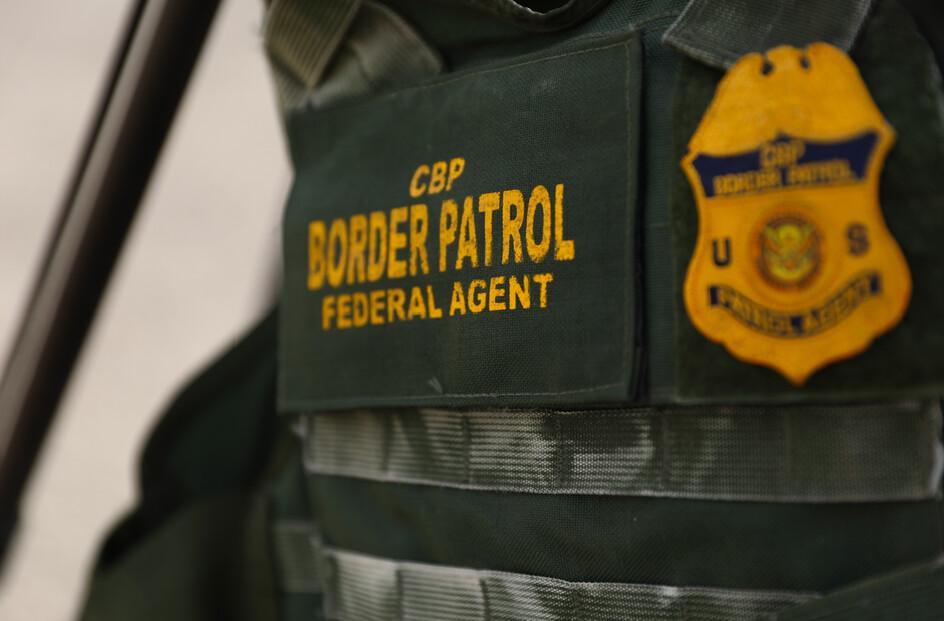A cartel in Mexico has issued a death threat to U.S. law enforcement via a banner attached to an overpass in Mexico, across the border from El Paso, Texas.
The banner, written in Spanish, translates to: “Warning: This is for the local, state, ministries, and national guard and for the American [expletive] from immigration.





